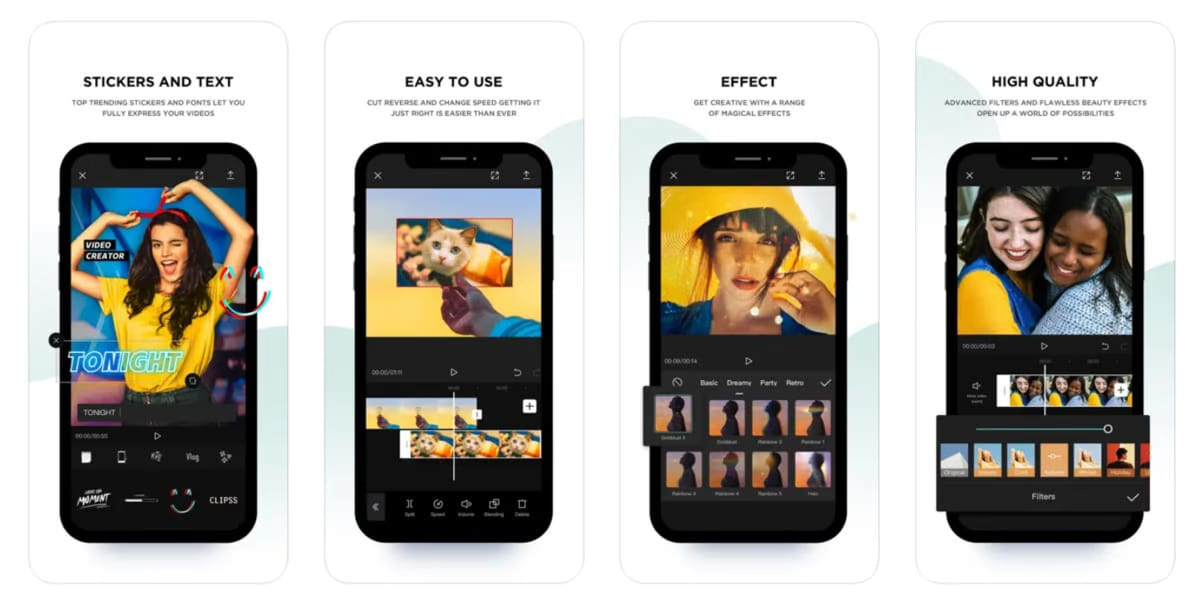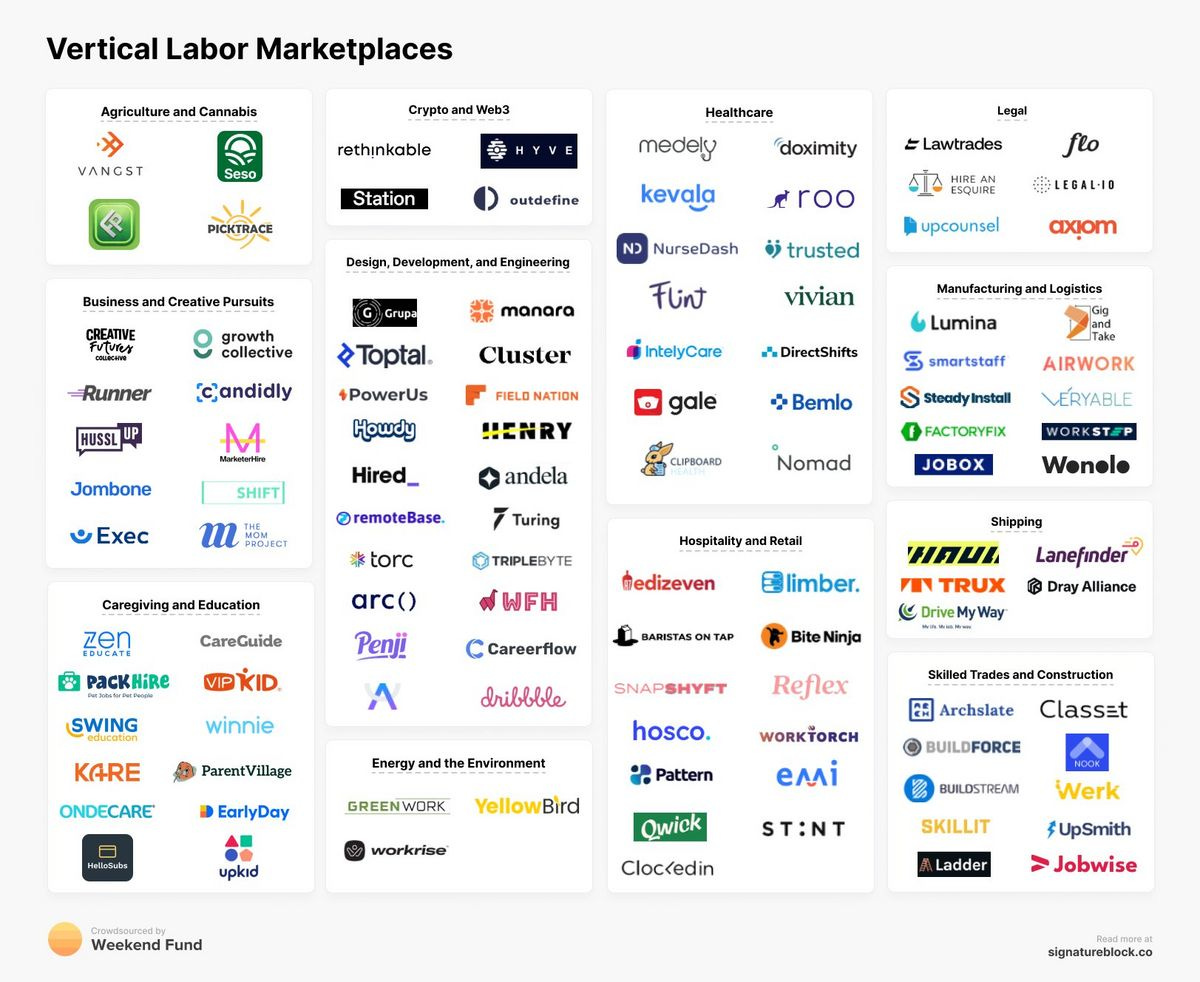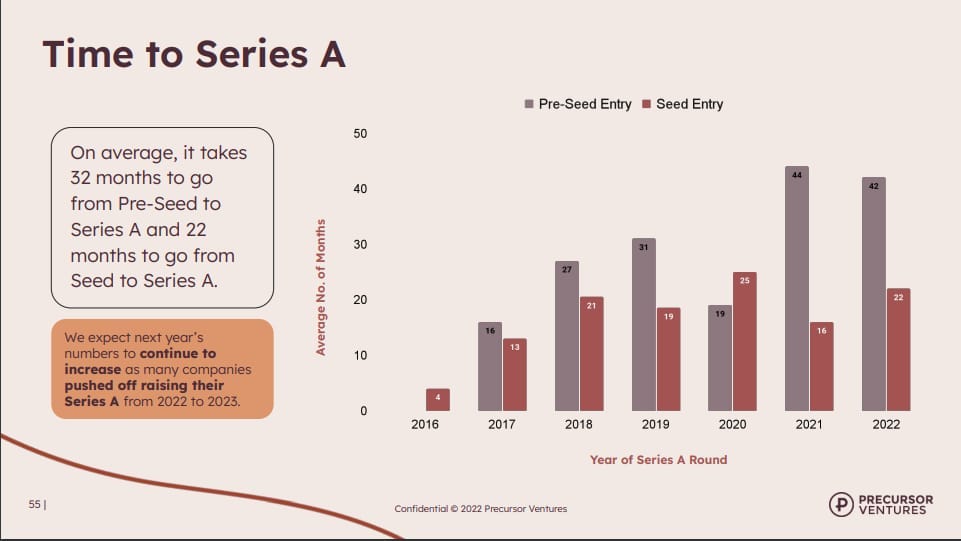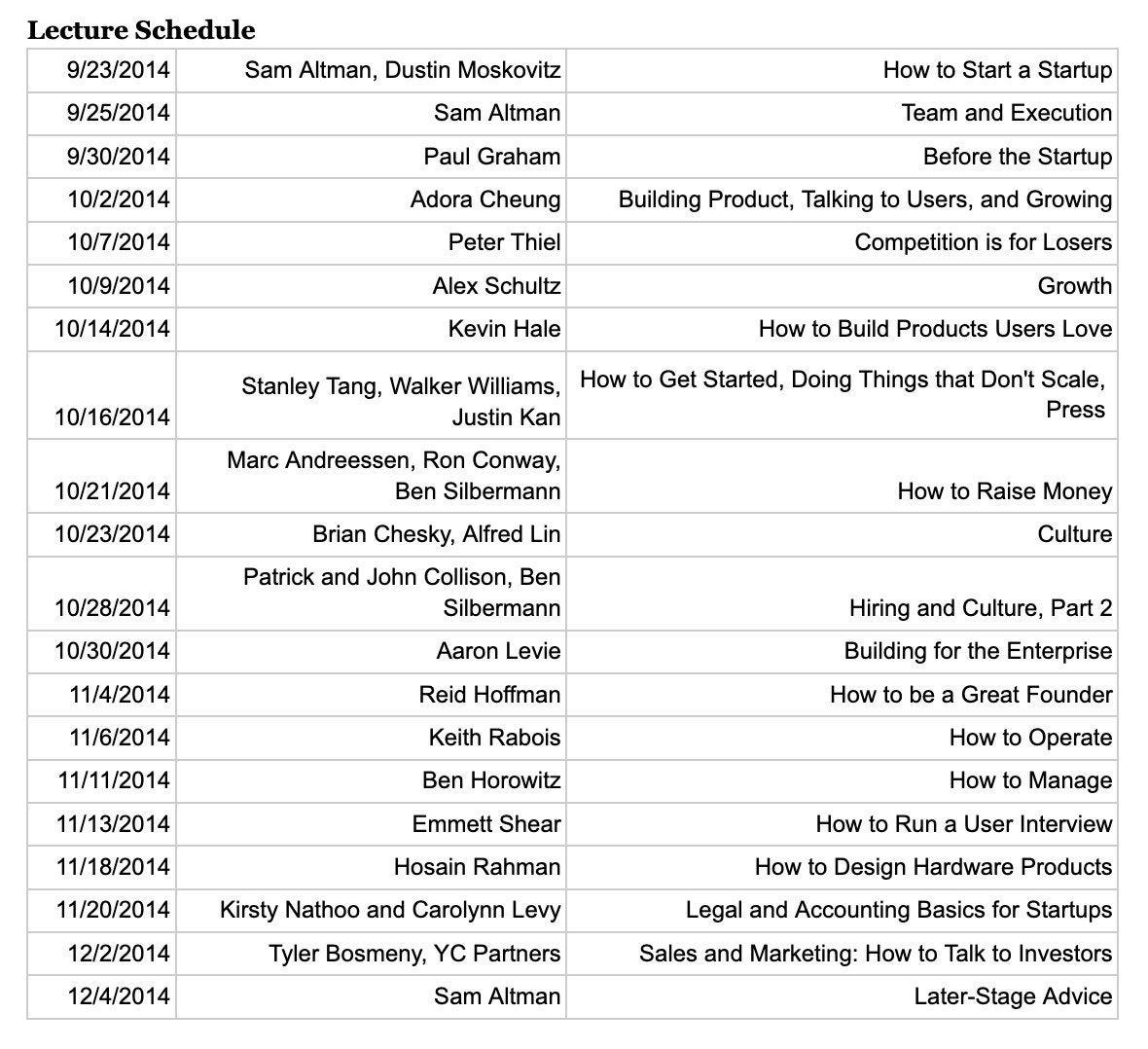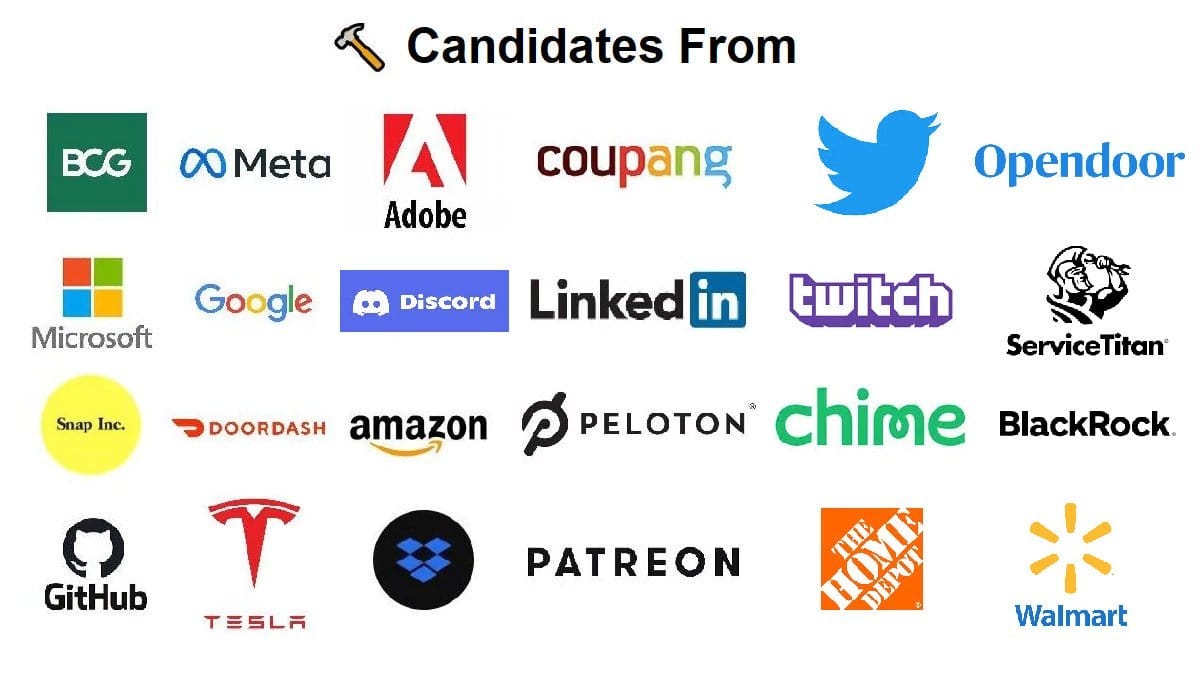How CapCut Uses AI to Unlock Human Creativity
Plus Pew's top 15 charts from 2022, Trump's NFT collection, and Cruise's new self-driving taxi permit
Hi everyone, 👋 Turner back again with The Split. Welcome to all new subscribers and the 14,300+ readers tuning in every week!
There's been a lot of discussion around generative AI the past few weeks. I think its going to have tons of practical applications, and using AI to unlock human creativity is the end-state I'm most excited about. An app you may or may not have heard of called CapCut is the perfect example of this today at the scale of 140 million active users. I'll dive in to how it works and what it means. We also have a special offer heading in to 2023 from Banana portfolio company Secureframe.
As a heads up, I'm taking two weeks off from sending the newsletter. You won't hear from me again until January 5th - or maybe the 10th. 😅
In the meantime, I'm open to any and all feedback on The Split. The only goal I have so far in 2023 is to tell more startup founding stories. If you have any thoughts on this topic or others to hit on next year, just reply to this email or share your thoughts here.
A Message From Secureframe
Secureframe helps companies achieve fast SOC 2, ISO 27001, PCI, HIPAA, NIST, GDPR and CCPA compliance. With their guided workflows and one-click integrations, Secureframe automates the compliance process so you can focus on your customers, closing deals, and growing revenue.
Secureframe helps organizations respond to RFPs and security questionnaires quickly with AI (and they've been doing it long before AI was cool). Get compliant in weeks, not months. Thousands of companies like Ramp, AngelList, Fabric, Doodle, Dooly, Lob, Slab, and Stream trust Secureframe for automated security and privacy compliance.
Click here to chat with the team. Mention “The Split” during your demo to get 20% off your first year of Secureframe. (Promotion available through January 31st, 2023)
How CapCut's AI Unlocked Human Creativity
If you've been a reader for awhile, you might recognize this headline. That's because I wrote about CapCut in the very first issue of The Split. CapCut flies mostly under the radar, but it was the fifth most downloaded app in the world last year.
CapCut is a free, all-in-one video editing mobile app with many of the features you'd expect in a desktop-based editor like Adobe Premiere or Final Cut Pro. If you've ever edited a video with TikTok's in-app editor, it's a similar style, but 10x better. And it looks like TikTok's editor because it's also owned by ByteDance, TikTok's parent company based in China.
CapCut also has a desktop product, which I just realized re-visiting their website today.
So how does AI come into play? Its not obvious at first. But what makes CapCut special is its Templates feature.
At first glance, browsing the CapCut app is similar to the Pinterest feed. Tapping on a video brings up a full-screen experience similar to TikTok. However, whereas on TikTok there's a "browse other videos with this sound" button in the bottom right corner, on CapCut this is replaced with a "Use template" button.
Here's screenshots of what that looks like while watching a video:
Tapping "Use template" sends you to an editing screen that copies the exact editing style as the original video. Everything is pre-edited with:
The same clip length: Many videos online are multiple small clips added together. CapCut templates pre-edits the length of each scene to exactly match the original video. You simply pick which video (or photo) goes into each slot.
The same sound: Similar to the clip length, the sound comes edited and time-stamped at exactly the same spot as the original. These two are very important on TikTok as audio, sound, and how it syncs with the video is core to the product experience.
The same text: Just like the clips and audio, each piece of text is pre-populated at exactly the same spot in the video. Just edit the text in each field.
The same filter: If there are any filters or style edits on the video, the template comes with them pre-edited at the exact same spots in the video.
CapCut's templates allow you to copy the editing style of any video. The app has other unique features and everything else you'd expect from a video editing product. But this is the core differentiator, alongside enabling you to post directly to TikTok from CapCut (the two products are very intertwined - which explains how its grown so fast).
And how does it do all of this? AI. Its obviously not quite the same as the viral generative AI profile pictures from a few weeks ago...
...but it's a use case content creators have been implementing for years.
If you're a regular TikTok user, you've probably came across the "boat trend" recently. Its a simple meme format where the creator superimposes themselves onto a boat sailing across an eerie lake to "My Heart Will Go On" by Celine Dion, the theme of the Titanic. TikTok has tens of thousands of videos like this, and there are countless more of these viral meme formats all created with one of these CapCut templates over the past few years.
CapCut's easy-to-use design and library of templates have made it a hit. According to App Annie, CapCut has been downloaded around 250 million times outside of China (and 650 million if you include it), with around 20-40% still using it monthly (its worth the caveat that App Annie data is never exactly correct, but is usually directionally accurate).
If you're familiar with TikTok, the product is underpinned by waves of trends that come and go and are recycled over and over by creators on the platform. Each of these trends revolves around the same sound and/or editing style. They're memes. It's content that people enjoy and come back for again and again.
Around three years ago I made the case that TikTok created the audio meme format, which is ironic because its a video app:
TikTok rode two trends to dominate the past two years: memes and AirPods. Initially, Musical.ly’s lip syncing use case still dominated the app post re-brand to TikTok, and most new users, who saw it as a joke, rebelled. By mid/late 2018, the app felt very similar to Vine: most videos were ironic jokes. In a stark contrast to the Millennial perfection of Instagram, irony become the language of Gen Z, and TikTok was built for it.
Vine users often remade popular videos, and TikTok lip syncing tools made it simple to remake videos using the same sound. TikTok’s UI lets users search for other videos with the same audio - something no other platform allows (Vine did briefly before shutting down). As TikTok was ramping up in the US, AirPods were proliferating. Apple sold ~16 million in 2017, and 35m, 60m, and 100m were shipped in each of the next three years. There was a captive audience of early AirPods adopters ready to consume memes that required audio at any time of the day. Audio memes were born.
CapCut makes editing this core unit of content on TikTok extremely simple. And reducing the friction to create this content reinforces TikTok's competitive advantage, which is an endless stream of the world's most interesting content. Its not crazy to think that soon CapCut could instantly create a template from any video generated entirely with AI.
Randomly generated content is a big deal. But using AI to augment human creation feels even bigger. Currently, AI needs us to tell it what to do. It's how the crowd favorite's like chatGPT, Jasper, RunwayML, and Canva's text to image work - human prompt's drive the products.
In my opinion, we're still very far away from 100% of content we consume being generated entirely by AI (if we ever even get there). Humans are inherently interested in stories and narratives, and specifically the stories and narratives of other humans and stories that affect us personally. In the case of CapCut and the four products above, they reduce the friction for us to create these stories and narratives.
To be fair, it's also true that most viral memes are accidents. There's a case to be made that enough randomly generated content will eventually produce a hit. And this is why the majority of content will always have humans in the loop, and humans using AI as a tool are superior to either working alone.
Like what you're reading?
Join 14,000+ startup founders, investors, and everyone in between.
🚀 Product Launches
Weekend Fund launches Open Market Maps: A collaborative, ongoing project mapping emerging opportunities in tech. Their first map is Vertical Labor Marketplaces.
Check out the live-updating Google Doc and subscribe to Signature Block to keep tabs on the project.
Donald Trump launches an NFT collection: This is not a parody, and it actually sold out all 45,000 cards in the collection within 12 hours. It's been alleged that he stole (did not license) images from Amazon and Shutterstock, and that he also minted 1,000 of the rarest ones into his own wallet. If anything, the launch video is worth watching:
Cruise gets driverless car permit for San Francisco: GM's driverless car unit Cruise was just approved a permit from the California DMV to expand its robotaxi service across almost all of San Francisco. It can operate 24/7, but must stay on roads with speed limits under 35 miles per hour.
🔗 Links and Charts
The Dark Side of VC Recycling: Generally, the concept of "recycling" is where VCs take early exits from their portfolio and re-invest the proceeds into new opportunities (either new or existing portfolio companies). LPs love this, because it means they get exposure to more portfolio companies with the same initial capital they invested.
A new form of recycling appears to be emerging this year. For startups with lots of cash on the balance sheet but no clear signs of product market fit (this unfortunately was fairly common last year), VCs are pushing the founders to return that cash to shareholders. From there, it can presumably be recycled into other companies.
There are certainly situations where this could be the best path forward for all parties, but that's not always the case. As a founder, you should be cognizant of these dynamics.
The Journey from Pre-Seed to Series A: Data from Charles Hudson at Precursor Ventures around some of their portfolio companies. It took an average of 32 months + $3.9 million in capital raised over three rounds to go from Pre-Seed to Series A.
"How to Start a Startup": A 20-lecture Stanford course from Fall of 2014 taught by OpenAI CEO Sam Altman, who was at the time President of YCombinator. The courses hit on various startup topics and mostly taught by guest speakers (full list below). h/t Sophie Fujiwara for sharing.
It's always hard to know exactly how to interpret these charts. But according to a USA Today study, it looks like most adults under age 29 that moved in with their parents during COVID are still there (cue Taylor Swift "I'm the problem, it's me" background music).
50% of applications on LinkedIn are for remote jobs: In contrast, only 14% of job postings are for remote jobs (which was 1% pre-COVID). It underpins that there is still a very large demand for remote work from the labor force - though some may view that the best work is always done in-person. This quote from Microsoft's Q3 earnings call (which owns LinkedIn) also mentioned the three biggest markets people are moving to are New York City, San Francisco, and Seattle.
65% of Ford's US dealers agree to no-haggle EV pricing: 1,920 of Ford's 2,968 US dealerships have accepted Ford's new no-haggle EV pricing and charging infrastructure requirements. Any dealer that sells Ford's new Model E electric vehicle will be required to install high-powered DC fast charging stations and open some of them for public use.
It also puts a cap on the number of Model E's a dealer can sell. I previously speculated that Ford might be laying the groundwork to eventually bypass dealers and sell EV's direct to consumer, which it claims it's not doing. But if that's the case, this cap feels strange (what's the reason for limiting them?). To me, it still hints that Ford is still moving towards a direct sales model.
Pew Research Center's Striking Findings from 2022: 15 graphs from PRC, showing: 41% of Americans typically do not use cash in a given week, 5% of Americans under 30 identify as transgender or nonbinary, and magnitude of Christianity's decline in the US.
US Senate votes to ban TikTok on government devices: The bill is now moving through the House. If I had to guess, the bill will pass and TikTok will be banned from all government devices. It's become clear that TikTok user data can be accessed by the CCP, but there's much more to the decision than that (for example, it's hard to claim Facebook and Google are monopolies while shutting down their largest competitor), and I don't think there will be an outright ban in the US. I still think the most likely long-term outcome is some or all of TikTok being spun out of ByteDance as a separate entity in order to continue operating in the US.
Revenue breakdown of the 4 largest tech companies: My biggest realization from this image: none of these companies are founder-run anymore. 👀
Getir Acquires Gorillas for $1.2 Billion: To my knowledge, these were the two largest independent dark store grocery delivery players in Europe. Plus, Getir seems to have firmly entrenched itself in its home market of Turkey. With less competition for marketing spend and a scaled operation in Europe, it will be interesting to see exactly how profitable the model is. 👀
Meta ends $200 per month Lyft rides perk for 76,000 employees: With an estimated cost of $182 million per year and Meta's ~14x PE multiple, it's kind of wild that this single perk was worth somewhere around $2.6 billion in total market cap for Meta.
If there's anything you'd like to see in The Split next year, reply to this email or share your thoughts here.
And don't forget to click here for 20% off your first year of Secureframe. Remember to mention "The Split" during your demo!
💼 Career Services
This past week, we did Banana Talent Drop #8! The Banana Talent Collective now has 170+ candidates hailing from the companies below + many more (if you're at a Banana portfolio company, make sure to reach out for free access).
We also just had another Banana Capital portfolio company make a hire from the collective. An excerpt from their November investor update:
If you're starting to explore a new role or hiring and want a feed of pre-vetted candidates, get started here.
🍌 Monkey Business
🍌 The Split is brought to you by the team at Banana Capital. Read more about what we're up to here.
🤝 Interested in a sponsor partnership with The Split? Inquire here.


